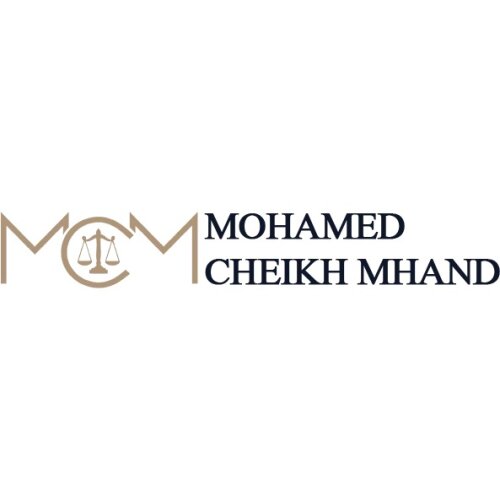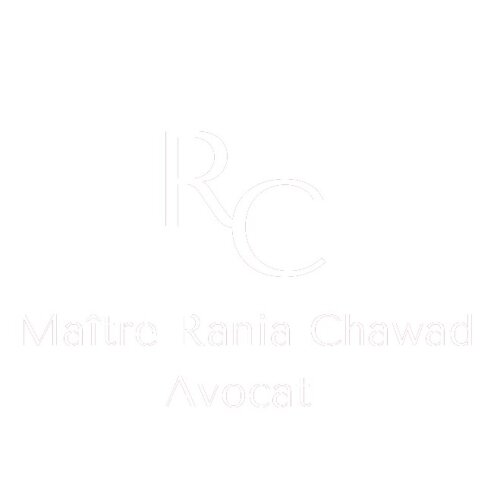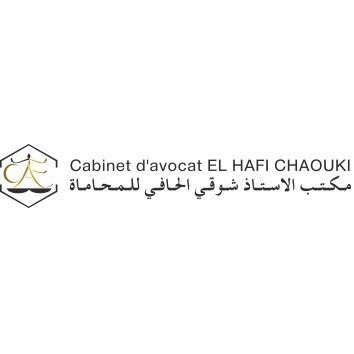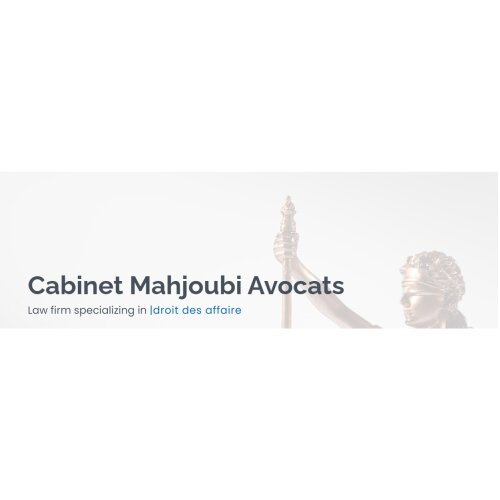Best Structured Finance Lawyers in Tangier
Share your needs with us, get contacted by law firms.
Free. Takes 2 min.
List of the best lawyers in Tangier, Morocco
About Structured Finance Law in Tangier, Morocco
Structured Finance refers to complex financial instruments and transactions designed to help organizations access capital, manage risk, and optimize their financial structure. In Tangier, Morocco, Structured Finance plays a growing role in facilitating business activities, particularly in sectors like real estate, infrastructure, transport, and industrial investment. With Tangier's position as an economic gateway between Africa and Europe, structured finance arrangements such as securitization, project finance, and syndicated loans are increasingly common. Legal frameworks have adapted to support both local and international businesses seeking innovative financing solutions in the region.
Why You May Need a Lawyer
Legal guidance is essential when dealing with Structured Finance transactions because of their complexity and the potential regulatory, tax, and contractual implications. You may need a lawyer in situations such as:
- Negotiating and drafting structured finance agreements
- Managing cross-border financing and investment deals
- Setting up Special Purpose Vehicles (SPVs)
- Ensuring regulatory compliance with Moroccan financial authorities
- Conducting due diligence on counterparties and assets
- Restructuring debt or navigating insolvency issues
- Resolving disputes relating to finance contracts
- Advising on tax implications linked to complex transactions
A specialized lawyer ensures that your transactions in Tangier are both legally sound and optimized for success.
Local Laws Overview
Structured Finance in Tangier operates within the broader Moroccan legal system, which includes commercial law, banking regulations, taxation, and investment codes. Key aspects include:
- Banking and Financial Regulations: The Moroccan Central Bank (Bank Al-Maghrib) and the Moroccan Capital Market Authority (AMMC) oversee and regulate financial transactions. Various decrees govern securitization and covered bond structures.
- Commercial Code: The Moroccan Commercial Code regulates business entities, contracts, and insolvency matters relevant to structured finance.
- Foreign Investment Laws: Tangier’s free zones and incentives encourage foreign investment but require compliance with local regulations regarding currency transfers and SPV ownership.
- Taxation: Morocco has tax treaties with several countries, but careful planning is required to benefit from them, especially in complex structured deals.
- Securities Law: Issuing asset-backed securities or participating in capital markets must comply with strict rules under the AMMC.
Legal expertise is crucial to navigate these intersecting areas, especially for cross-border or innovative transactions.
Frequently Asked Questions
What is structured finance, and how does it differ from traditional bank loans?
Structured finance involves complex financial products and arrangements that go beyond straightforward bank lending. It often uses vehicles like asset-backed securities or syndicated loans to access larger or more flexible amounts of funding.
Is structured finance legal in Tangier, Morocco?
Yes, structured finance transactions are permitted in Tangier as long as they comply with Moroccan law and regulatory requirements overseen by relevant financial authorities.
Do I need approval from Moroccan authorities for structured finance transactions?
Many structured finance activities, such as the issuance of securities or establishment of SPVs, require notification or approval from bodies like Bank Al-Maghrib or the AMMC.
Can foreign investors participate in structured finance deals in Tangier?
Yes, foreign investors are welcomed, especially in special economic zones or free zones in Tangier. However, certain rules on foreign exchange and investment approvals may apply.
What are the risks involved in structured finance arrangements?
Risks include regulatory changes, counterparty risk, tax implications, and potential insolvency of involved parties. Legal due diligence can mitigate these risks.
How is tax handled in structured finance transactions?
Moroccan tax law applies, and transactions are subject to VAT, corporate income tax, and stamp duties as applicable. Tax treaties and incentives in free zones may also affect tax treatment.
Are there any restrictions on repatriating profits from structured finance deals?
Repatriation of profits by foreign investors may be subject to foreign exchange controls and documentary requirements, especially outside free zones.
How do I set up a Special Purpose Vehicle (SPV) in Tangier?
Setting up an SPV typically involves registering a company locally, obtaining regulatory approvals, and drafting tailored governance documents. A local lawyer can handle this process.
What happens if there is a dispute in a structured finance transaction?
Disputes can be resolved through Moroccan courts or arbitration, depending on what the contract stipulates. Legal representation ensures your interests are protected in such cases.
How can a lawyer help in structured finance transactions?
A lawyer provides advice on structuring deals, drafting documentation, ensuring regulatory compliance, negotiating with counterparties, and handling disputes or restructurings.
Additional Resources
If you need further information, the following organizations and governmental bodies are relevant to Structured Finance in Tangier, Morocco:
- Bank Al-Maghrib (Moroccan Central Bank): For banking and financial regulations
- Moroccan Capital Market Authority (AMMC): For capital markets and securities regulations
- Tangier Free Zone Authority: For investors in free zones or special economic areas
- Moroccan Bar Associations: For finding certified legal professionals
- Local Chambers of Commerce: For business and investment support
Next Steps
If you are considering a structured finance transaction in Tangier or need to resolve an issue, the following steps can help you move forward:
- Clarify your goals, whether investment, financing, or restructuring.
- Prepare all relevant documentation, including financial statements and business plans.
- Seek an initial legal consultation with a local expert specializing in finance law.
- Discuss your situation in detail, including the cross-border aspects or regulatory needs.
- Allow your lawyer to review, structure, and negotiate your transaction while ensuring full compliance with Moroccan laws.
- If needed, your lawyer can coordinate with other professionals such as tax advisers or accountants.
- Stay informed through regular updates from your lawyer or the resources mentioned above.
Taking these steps ensures you are protected, compliant, and positioned for success in the complex world of structured finance in Tangier, Morocco.
Lawzana helps you find the best lawyers and law firms in Tangier through a curated and pre-screened list of qualified legal professionals. Our platform offers rankings and detailed profiles of attorneys and law firms, allowing you to compare based on practice areas, including Structured Finance, experience, and client feedback.
Each profile includes a description of the firm's areas of practice, client reviews, team members and partners, year of establishment, spoken languages, office locations, contact information, social media presence, and any published articles or resources. Most firms on our platform speak English and are experienced in both local and international legal matters.
Get a quote from top-rated law firms in Tangier, Morocco — quickly, securely, and without unnecessary hassle.
Disclaimer:
The information provided on this page is for general informational purposes only and does not constitute legal advice. While we strive to ensure the accuracy and relevance of the content, legal information may change over time, and interpretations of the law can vary. You should always consult with a qualified legal professional for advice specific to your situation.
We disclaim all liability for actions taken or not taken based on the content of this page. If you believe any information is incorrect or outdated, please contact us, and we will review and update it where appropriate.














